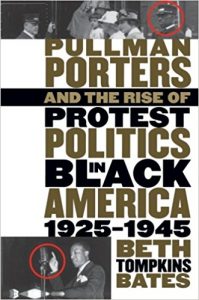Black History Month, or National African American History Month, is an annual celebration of achievements by black Americans and a time for recognizing the central role of African Americans in U.S. history. Black History Month was first proposed by Black educators and the Black United Students at Kent State University in February 1969. The first celebration of Black History Month took place at Kent State one year later, in February 1970.
Six years later Black History Month was being celebrated all across the country in educational institutions, centers of Black culture and community centers, both great and small, when President Gerald Ford recognized Black History Month, during the celebration of the United States Bicentennial. He urged Americans to “seize the opportunity to honor the too-often neglected accomplishments of black Americans in every area of endeavor throughout our history.”
 This month, Theme Thursdays will focus on revolutions related to black Americans. Black Americans have a long history of participating in revolutions, from the American Revolution to the Industrial Revolution. While it hasn’t been called a “revolution,” the #BlackLivesMatter movement is a call to action and response to anti-Black racism permeating U.S. society. Black Lives Matter has a defined agenda, defined leadership structure, and strategy for getting what it wants. It’s been said that if it must choose between evolution and revolution—between working within the existing system and disrupting that system entirely—then Black Lives Matter is choosing, to an extent, revolution.
This month, Theme Thursdays will focus on revolutions related to black Americans. Black Americans have a long history of participating in revolutions, from the American Revolution to the Industrial Revolution. While it hasn’t been called a “revolution,” the #BlackLivesMatter movement is a call to action and response to anti-Black racism permeating U.S. society. Black Lives Matter has a defined agenda, defined leadership structure, and strategy for getting what it wants. It’s been said that if it must choose between evolution and revolution—between working within the existing system and disrupting that system entirely—then Black Lives Matter is choosing, to an extent, revolution.
Black Lives Matter activists have organized thousands of protests, a form of activism which has a long history with black communities. Learn about protests and activism within the black community with these collections from Ames.
Black students in protest: A study of the origins of the Black student movement, by Anthony M. Orum
Pullman porters and the rise of protest politics in Black America, 1925-1945, by Beth Tompkins Bates
Strategies for freedom: The changing patterns of Black protest, by Bayard Rustin
Black protest in the sixties, edited with an introd. by August Meier and Elliott Rudwick
